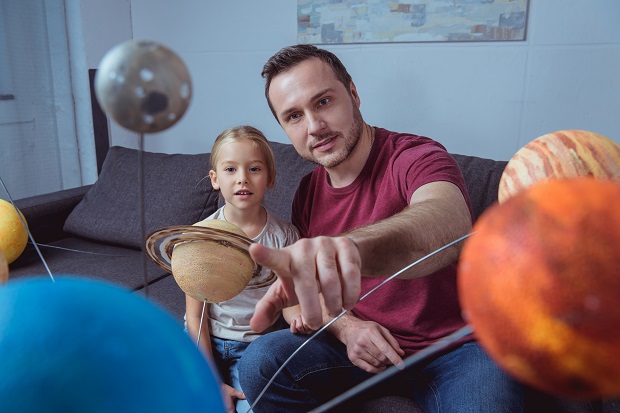Americans around the country are worried about the ramifications of the coronavirus (COVID-19). Thousands of parents also are dealing with having their children at home 24-hours a day.
“Even for parents who love hanging with their kids, you can only take so much family time before you start to get stressed,” says Craig A. Knippenberg, a licensed social worker who has provided child and family counseling services in Metro Denver for more than 35 years.
He usually recommends that parents try to be 80 percent consistent with their parenting strategies. In the current circumstances, however, he advises to let some things go.
Here are a few recommendations:
Maintain structure. Explain the schedule for the day to your children. They need (reinforced, consistent) structure. For example, let them know the periods for homework, chores, free time, dinner/family time, and bed. Post the plan where they can see it.
Make time for yourself. Let your children know that there will be periods that are “your time.” Your children should not bother you and find ways to entertain themselves. Use these intervals to maintain your mental health by connecting with others, meditating, journaling, exercising, or resting. Knippenberg recommends letting children know that disturbing you will result in a loss of privileges.
Encourage time for free play. While social distancing is essential, getting outside in the fresh air is encouraged. Sunshine has a positive impact on energy, mood, and overall health. Typically, children will say they don’t have anything to do, but they almost always find something to do or explore once they are outdoors.
Limit screen time. Avoid allowing your children to binge-watch television. Although you can be a little more lenient than usual, limit viewing and gaming to one-hour blocks.
Get out the games. Dust off the old board games like Monopoly, Life, and Clue. Reverting to simpler times often is a stress reliever.
Be adventurous and creative. Involve your children in brainstorming new ideas and games. The minds of children show few boundaries. Develop an indoor treasure hunt or carnival games made from items from the home.
Provide emotional outlets for your children. Establish quality time for talking as a family about the situation and the news your children are hearing. Don’t overexposure your children to the news outlets. Address their anxieties and feelings regarding missed opportunities due to being homebound.
Stay in touch with your support community. Schedule times for phone or social media contact. Check in with your friends and relatives. Encourage grandparents to video chat and keep connected.
* * * * *
Source: What To Do With Kids At Home On Coronavirus Break For Who Knows How Long (Without Losing It), Jenny Brundin, 3/17/20, CPR News.




